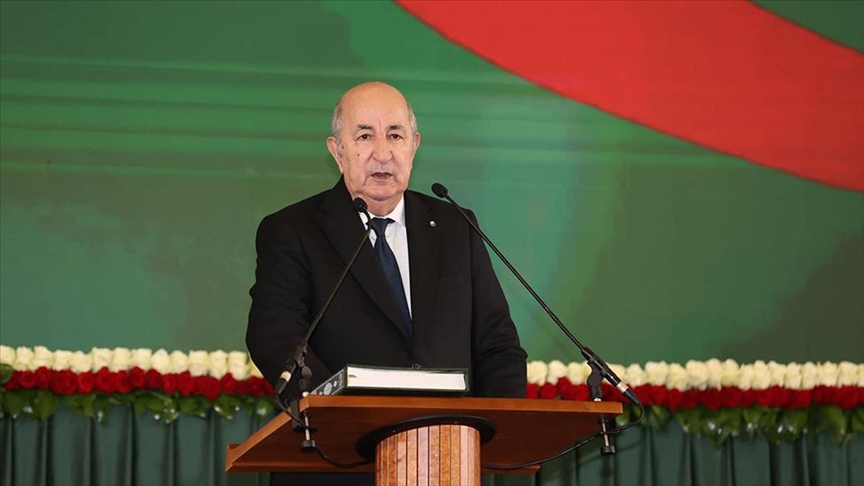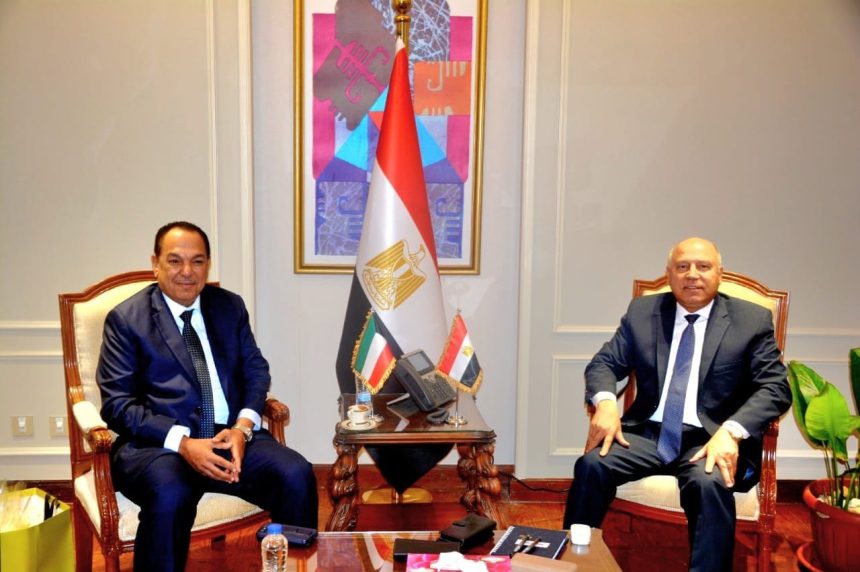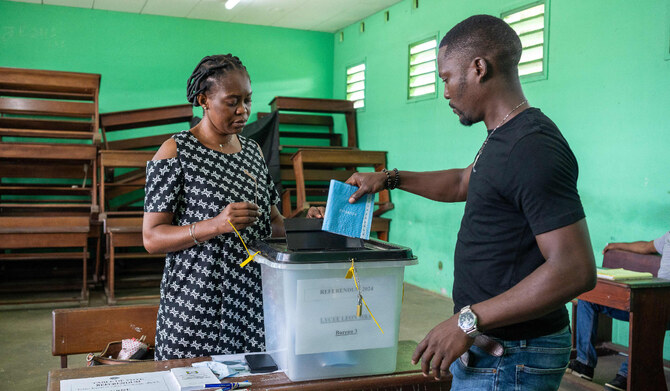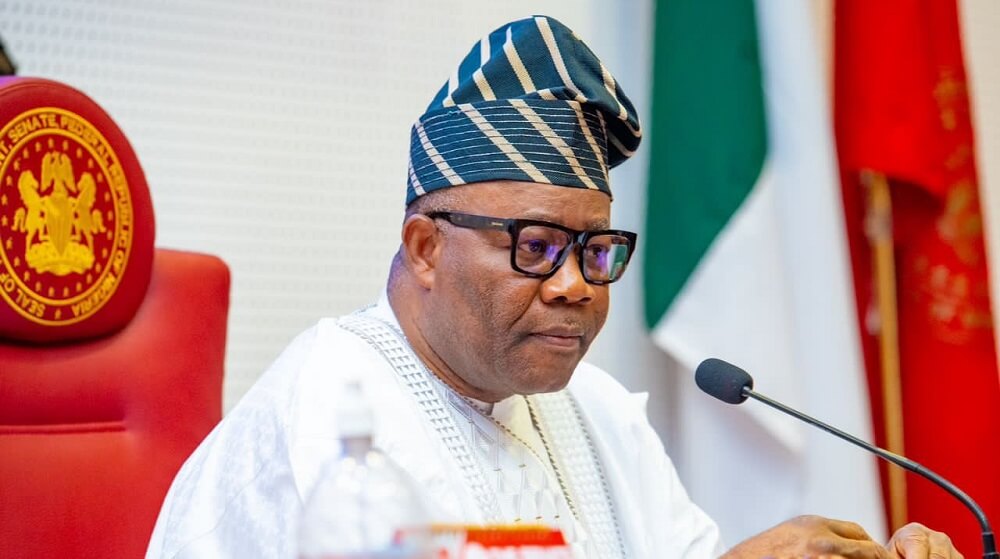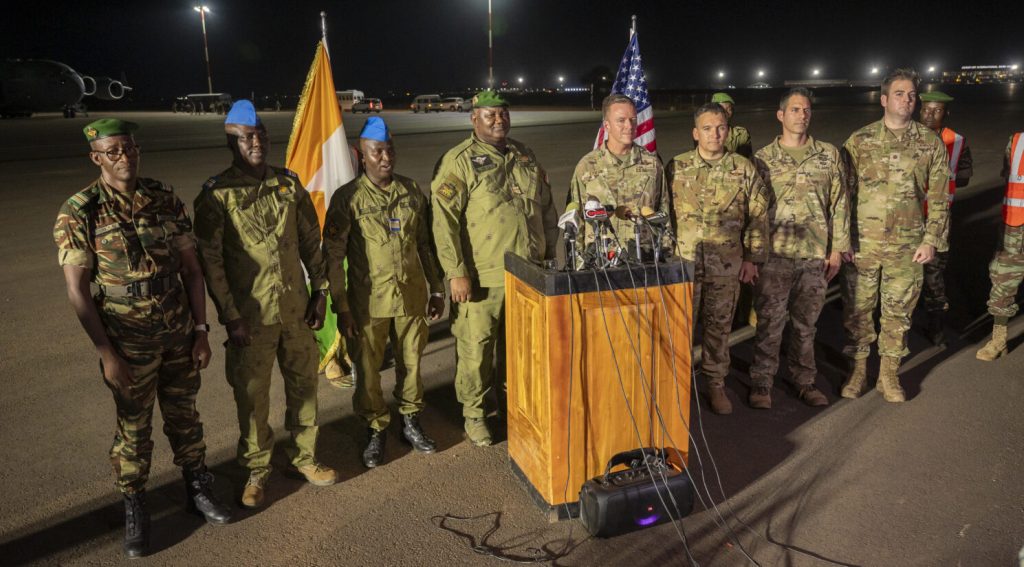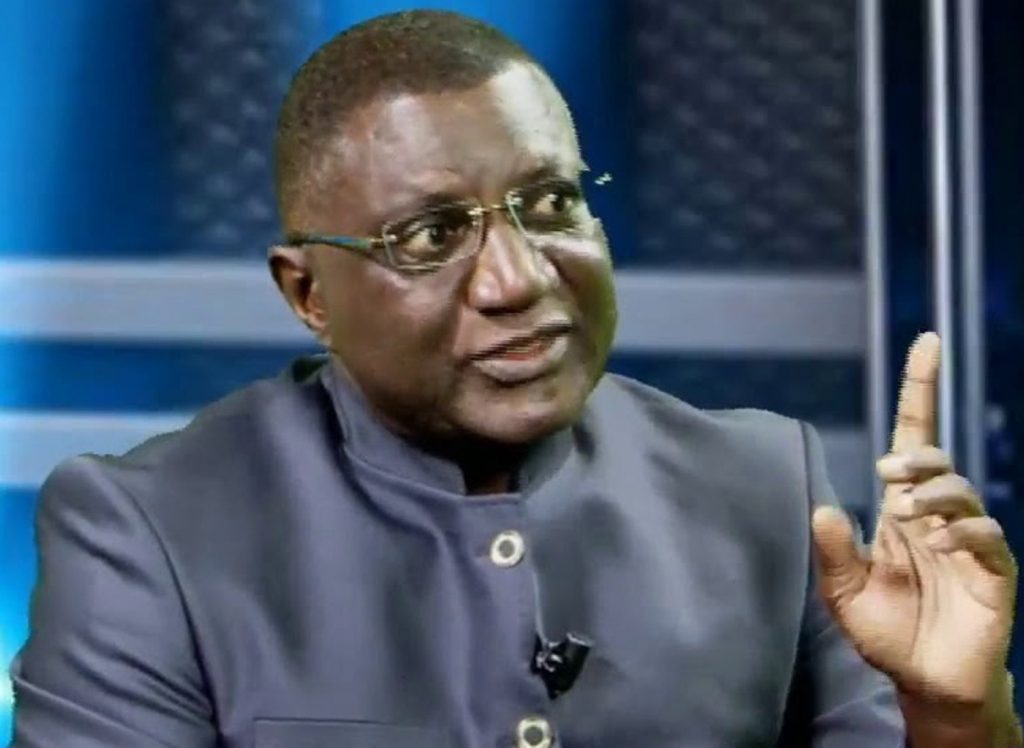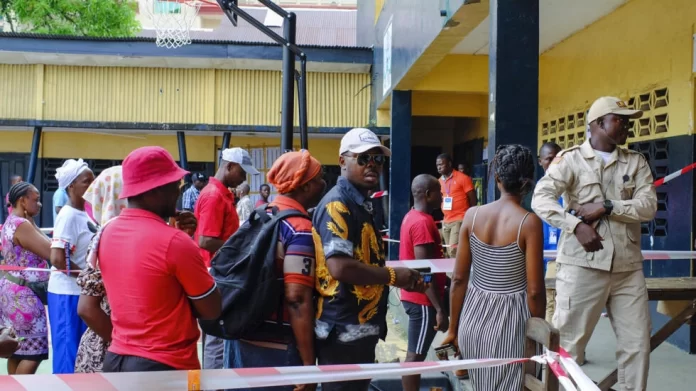Algerian president, Abdelmajid Tebboune has called on its former Colonial master, France to take responsibility for its colonial atrocities and underline that no material compensation is needed. He made the remarks while addressing the two chambers of parliament and the nation on Sunday.
Algerian President Abdelmadjid Tebboune launched a strong critique Sunday against France over the lingering effects of its colonial rule on the African country.
This came during a speech delivered before both chambers of parliament addressing the nation in which he presented the achievements of his first presidential term from 2019-2024 and outlined his agenda for his second term, which began in September, as per media sources.
Tebboune lambasted the former colonial master and pinpointed that Algeria demands that France acknowledge its crimes committed during the colonial period from 1830-1962, emphasizing that the country seeks no material compensation.
In what he said was pursuing the dignity of their ancestors added that the number of Algerian martyrs throughout the 132 years of colonization is 5.6 million, and no amount of money can compensate for the loss of even one martyr during the resistance or armed struggle.
The remarks came amid a severe political crisis between Algeria and France which led to the withdrawal of Algeria’s ambassador and the summoning of the French ambassador.
Algerian authorities have attributed this escalation to « hostile acts committed by French foreign intelligence on Algerian soil. »
Tebboune also recalled the atrocities committed by the French colonial army, particularly under General Thomas Robert Bugeaud, governor-general of Algeria from 1841-1847, whom he described as « genocidal » and reiterated his commitment to addressing the colonial-era files with France and pointed out that France continues to hold 500 skulls of Algerians who were decapitated in the 19th century and taken to Paris.
On the domestic front, Tebboune announced plans to launch a dialogue with political parties early next year « to strengthen state independence and bolster internal unity. »
.


